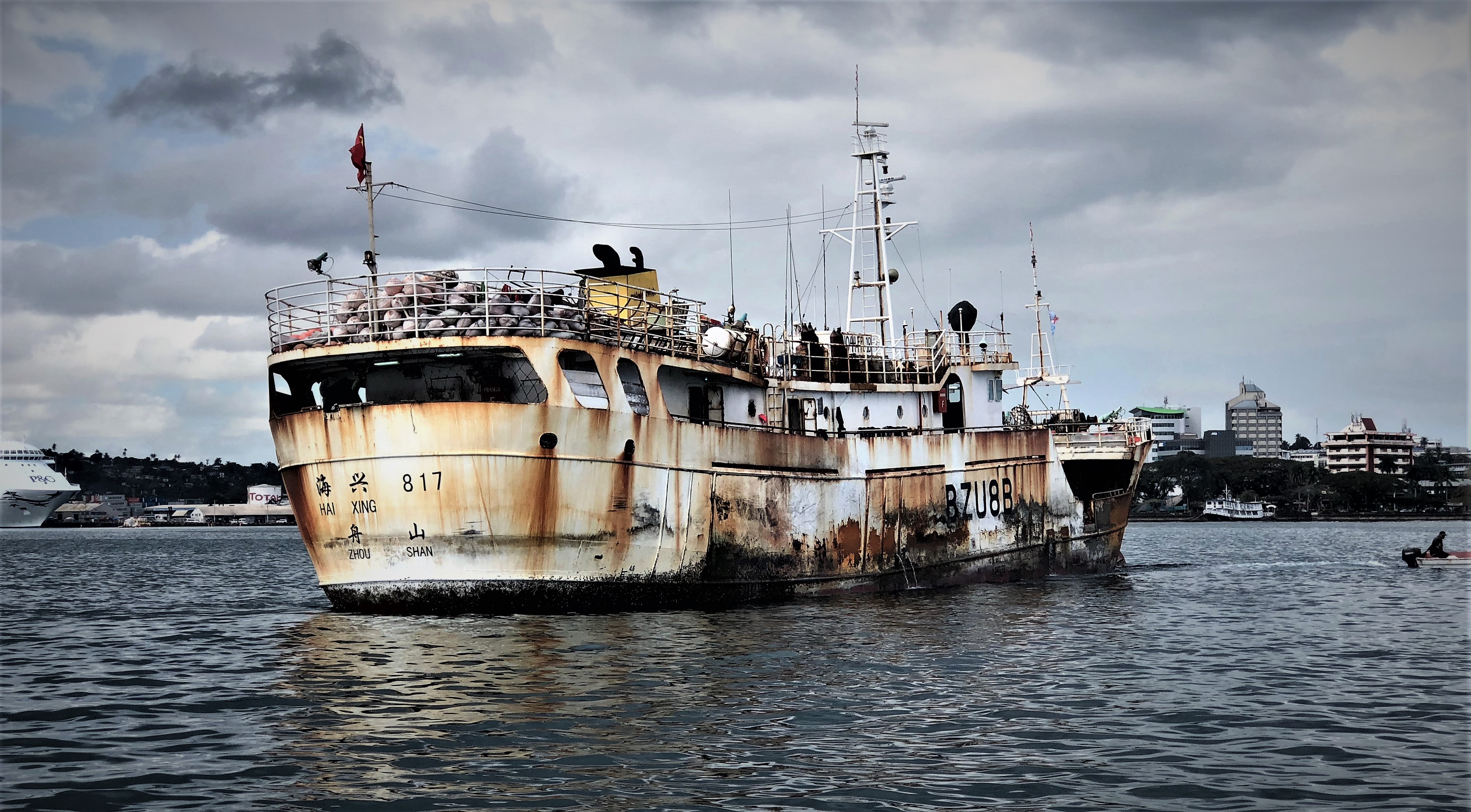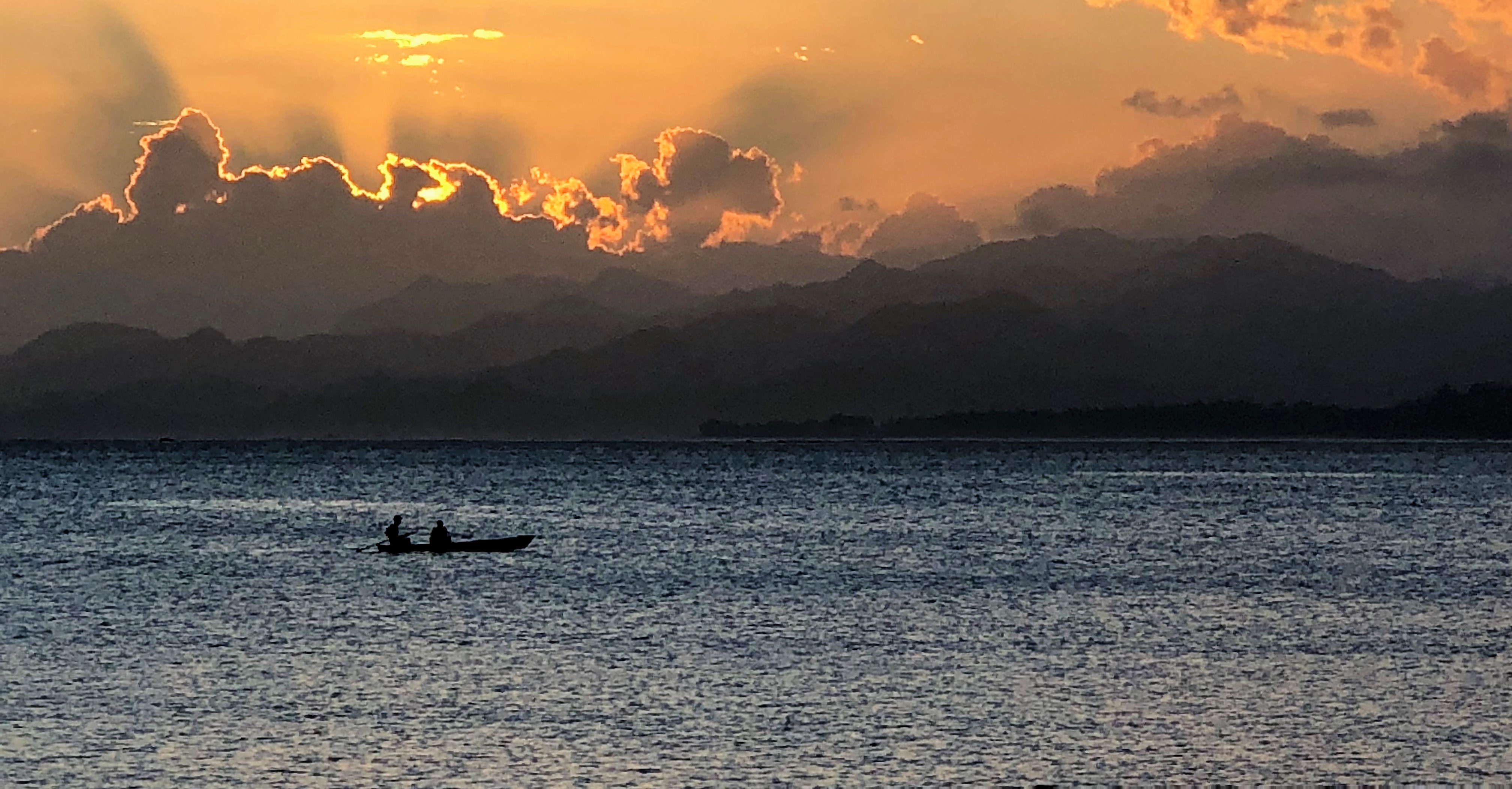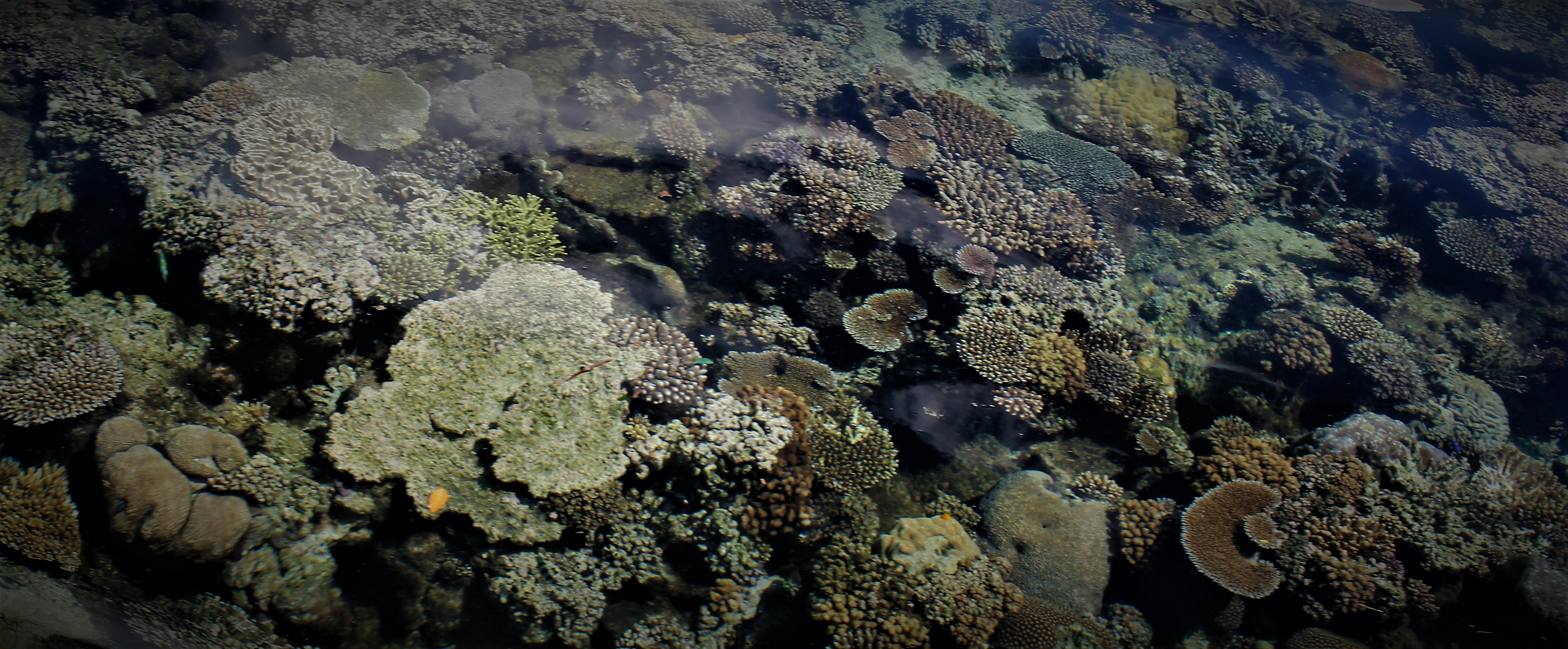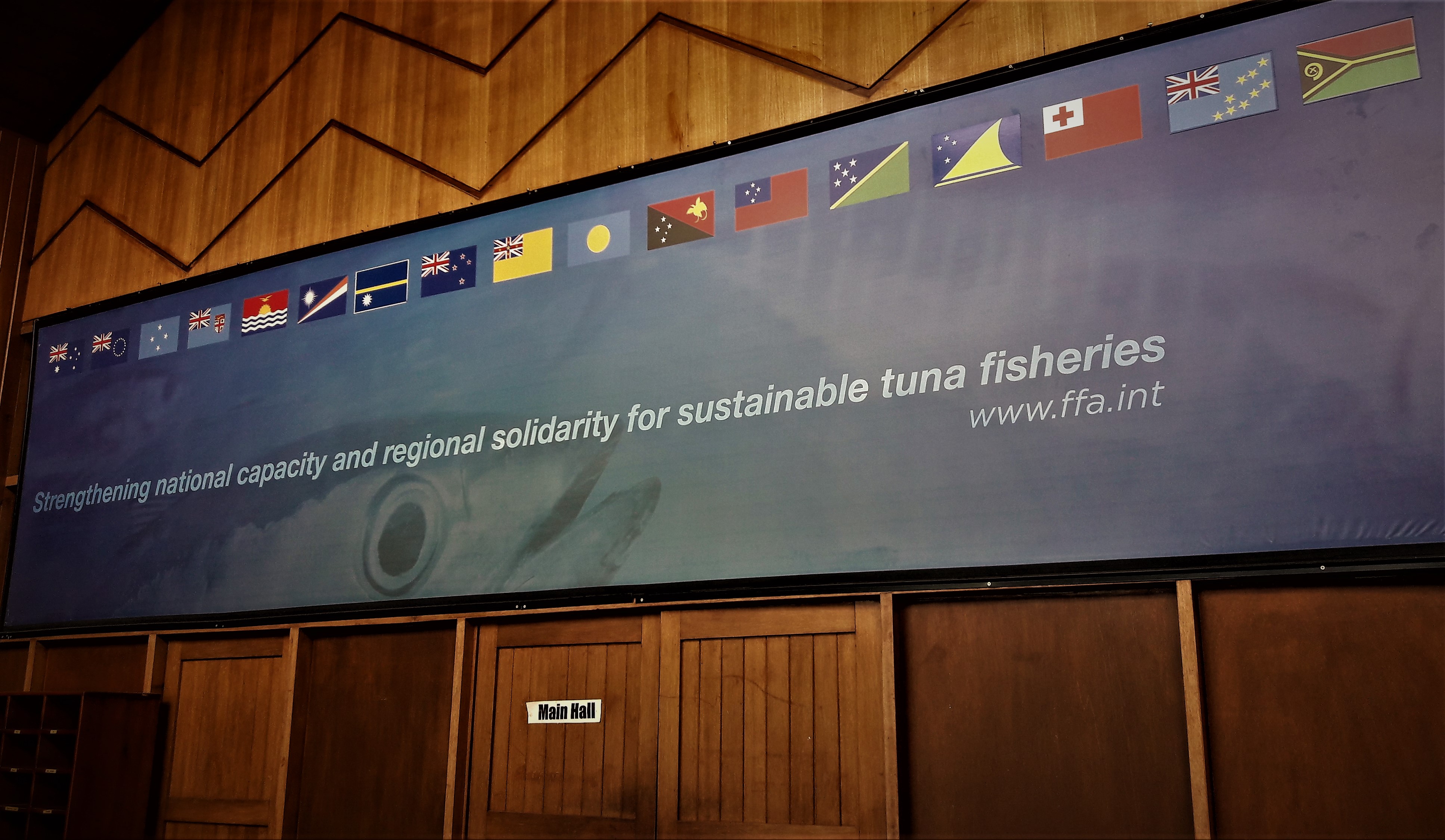In common with other common law jurisdictions, Fiji exercises State control over land including but not limited to how it may be developed. The regulation of development falls within the domain of planning and environmental law.
The government has announced that in the public interest it is in the process of updating its Town Planning Schemes for Suva, Lautoka and Nadi. This is an important nation building initiative because a Town Planning Scheme will shape future development in all these cities. But, it is also a significant undertaking that provides an opportunity for, and in our view, requires - wide consultation. If this consultative process is successful it will result in better planned development that along with the effective regulation of environmental standards, is essential to create sustainable and resilient cities and towns for Fiji’s future and its citizens' well-being.
In this update, we take a look at Fiji’s planning law framework and set out various reasons why it is vital for Fiji’s citizens to become involved in the consultation process that is being led by the Ministry for Industry, Trade, Tourism, Local Government, Housing and Community Development to create and adopt new Town Planning Schemes.
The reasons that public involvement is vital include but are not limited to:
- the significance of Town Planning Schemes to the way planning law and decisions operate in Fiji law
- the fact that the decisions made pursuant to Town Planning Schemes will have far reaching effects on all citizens, and may affect existing property rights
- Town Planning Schemes should be suited to Fiji’s context and linked to a shared and bold vision for Fiji’s future.





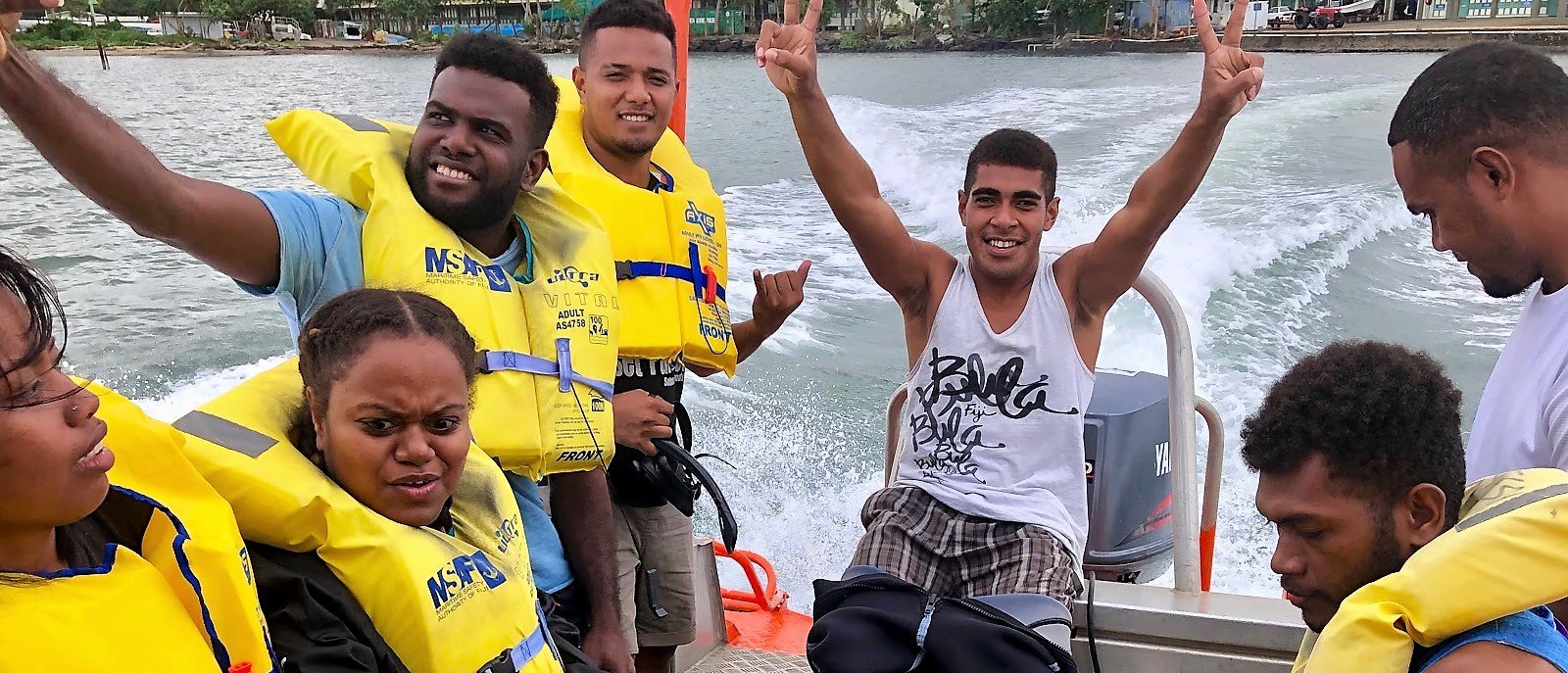
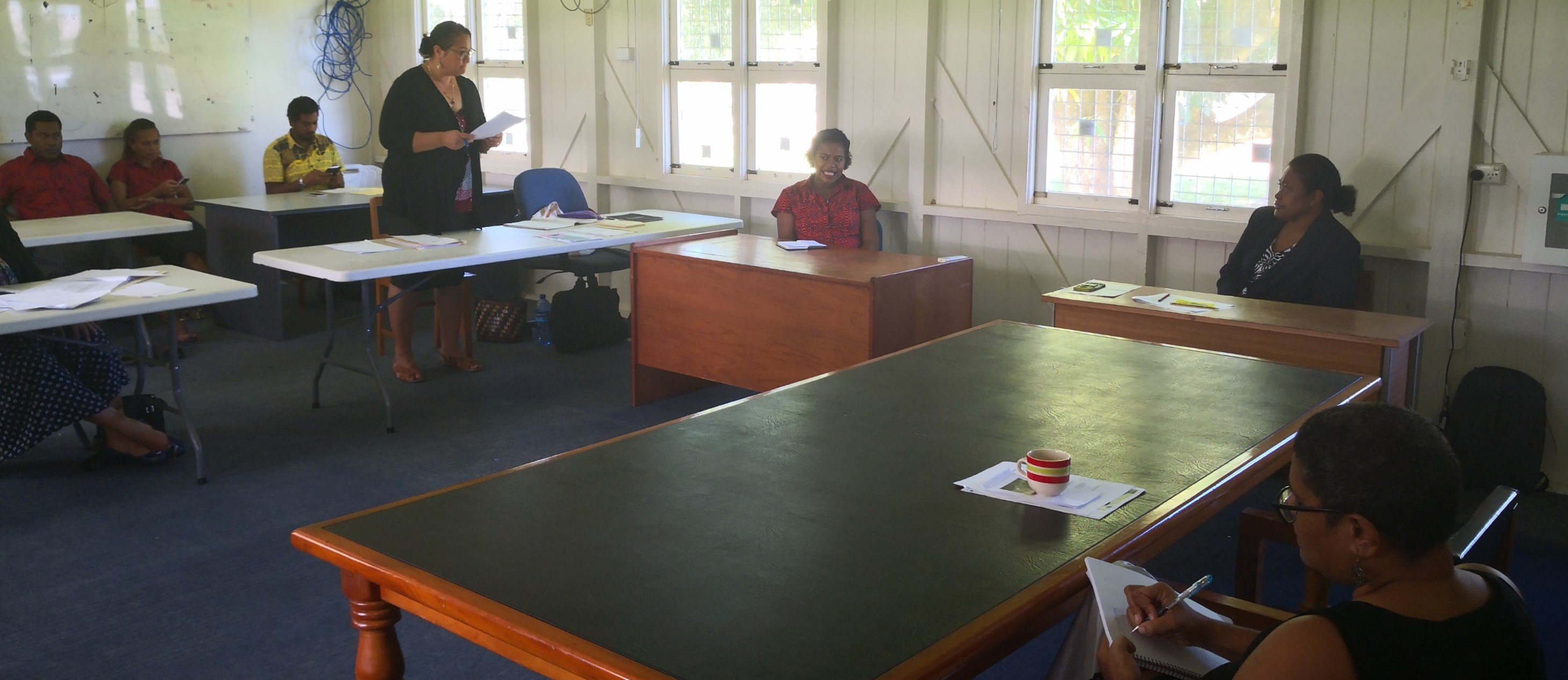
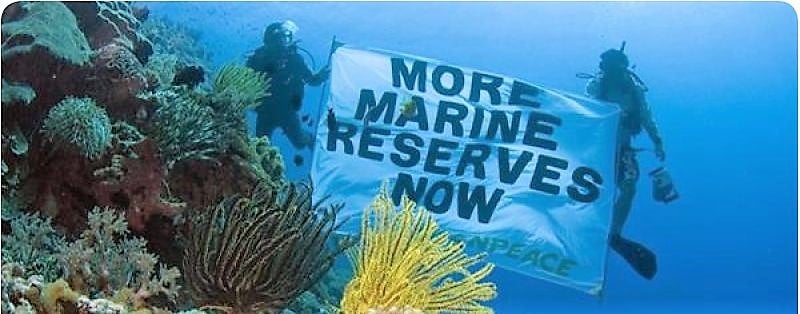
.png)
